Nvidia and Microsoft team up to build 'most powerful' AI supercomputer
The firms seek to accelerate the training of AI models using Azure's supercomputer infrastructure and Nvidia GPUs
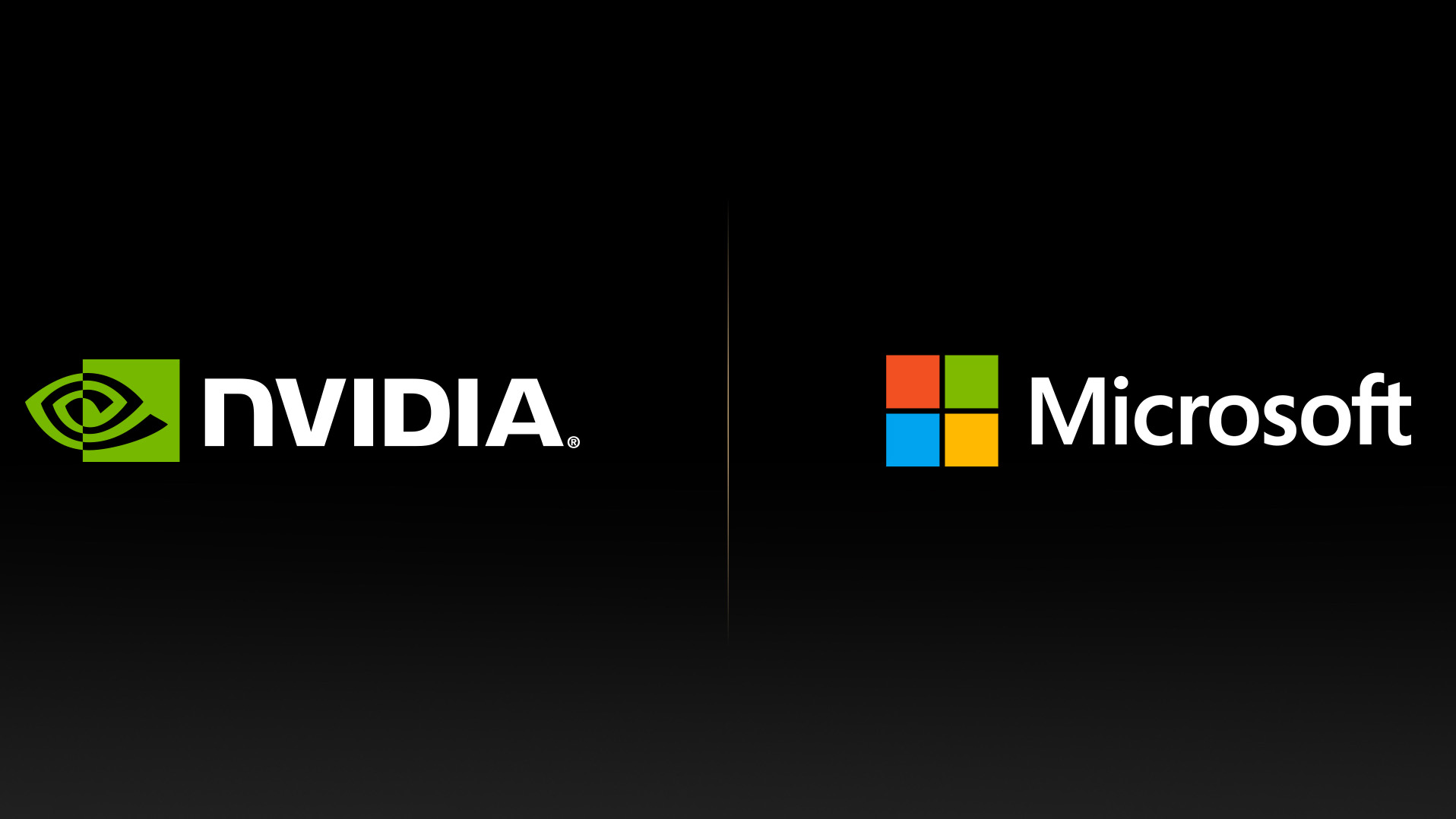

Nvidia has announced that it will collaborate with Microsoft on a years-long project to create an AI supercomputer, that could rank amongst the world’s most powerful, in order to help organisations train and deploy AI at scale.
The deal will see Nvidia contribute tens of thousands of GPUs, networking technology, and its full stack of AI software to Microsoft Azure cloud’s supercomputing infrastructure, which already utilises ND and NC-series virtual machines trained to work on artificial intelligence (AI) and deep learning.
Nvidia will use Azure’s virtual machine (VM) instances to train generative AI, a field which includes language models such as OpenAI’s GPT-4, and Nvidia’s own Megatron Turing NLG.
The company’s full AI stack, containing workflows and development kits certified for use on Azure, will be made available to Azure enterprise customers.
The collaboration will also see improvements to DeepSpeed, Microsoft’s deep learning optimisation software suite used to accelerate training models. Going forward, DeepSpeed will utilise Nvidia’s H100 Transformer Engine architecture to accelerate large models, including generative AI, at up to twice the speed previously possible.
“AI is fueling the next wave of automation across enterprises and industrial computing, enabling organisations to do more with less as they navigate economic uncertainties,” said Scott Guthrie, executive vice president of the Cloud + AI Group at Microsoft.
“Our collaboration with Nvidia unlocks the world’s most scalable supercomputer platform, which delivers state-of-the-art AI capabilities for every enterprise on Microsoft Azure.”
Get the ITPro daily newsletter
Sign up today and you will receive a free copy of our Future Focus 2025 report - the leading guidance on AI, cybersecurity and other IT challenges as per 700+ senior executives
RELATED RESOURCE
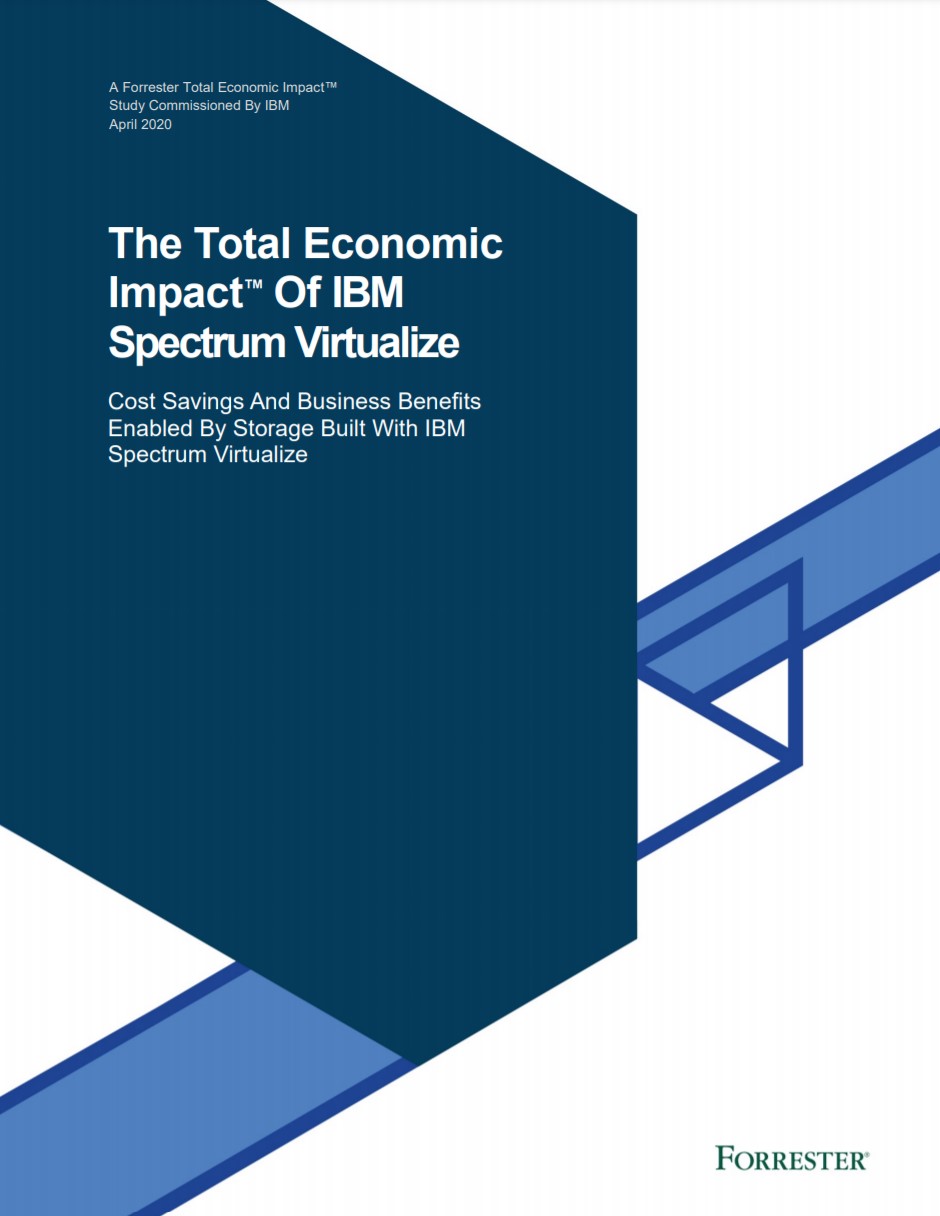
The Total Economic Impact™ of IBM Spectrum Virtualize
Cost savings and business benefits enabled by storage built with IBMSpectrum Virtualize
Azure VM instances currently contain Nvidia A100s, which utilise Quantum 200Gbit/sec Infiniband networking. The addition of the H100s will see this networking speed double through the use of Quantum-2 400Gbit/sec Infiniband networking, capable of handling larger AI training sets and workloads.
Natural language processing (NLP) models like GPT-3 and its upcoming successor GPT-4 have been associated with controversial deployment in the past. At one point, models such as these were thought to be too dangerous for general release, due to their ability to convincingly craft fake news pieces and propensity for spouting hate speech.
Researchers have expressed hope that through intensive training in supercomputers, NLPs could prove invaluable for business use in text and speech comprehension, the future of virtual assistants, and through the partial or full automation of tasks such as computer programming.
This is not the first supercomputer Nvidia has worked on, nor the first AI supercomputer. In 2021, the chip giant switched on the UK’s fastest supercomputer, aimed at using AI for intensive health research, and in January 2022 it was announced that Meta would build the “world’s fastest” AI supercomputer in collaboration with Nvidia.
More recently still, Hewlett Packard Enterprise (HPE) lifted the lid on ‘Champollion’, an AI supercomputer that it plans to make available to scientists and engineers that was designed in collaboration with Nvidia.
Nvidia has invested in a wide range of AI and supercomputing projects, with the company’s own ‘Selene’ supercomputer having consistently ranked in the top ten most powerful computers in the world since its 2020 creation.
Nvidia declined to give further details on the timeline of its agreement with Microsoft.
“We are not elaborating on the terms of the deal beyond saying that it is a multi-year agreement,” said Paresh Kharya, senior director of product management at Nvidia told IT Pro.
"The goal is to accelerate the most important AI applications. Working with Microsoft Azure, we gain speed and the ability to do things at scale using less energy. We can then take AI applications such as speech recognition and large language models to advance generative AI."

Rory Bathgate is Features and Multimedia Editor at ITPro, overseeing all in-depth content and case studies. He can also be found co-hosting the ITPro Podcast with Jane McCallion, swapping a keyboard for a microphone to discuss the latest learnings with thought leaders from across the tech sector.
In his free time, Rory enjoys photography, video editing, and good science fiction. After graduating from the University of Kent with a BA in English and American Literature, Rory undertook an MA in Eighteenth-Century Studies at King’s College London. He joined ITPro in 2022 as a graduate, following four years in student journalism. You can contact Rory at rory.bathgate@futurenet.com or on LinkedIn.
-
 Bigger salaries, more burnout: Is the CISO role in crisis?
Bigger salaries, more burnout: Is the CISO role in crisis?In-depth CISOs are more stressed than ever before – but why is this and what can be done?
By Kate O'Flaherty Published
-
 Cheap cyber crime kits can be bought on the dark web for less than $25
Cheap cyber crime kits can be bought on the dark web for less than $25News Research from NordVPN shows phishing kits are now widely available on the dark web and via messaging apps like Telegram, and are often selling for less than $25.
By Emma Woollacott Published
-
 ‘This is the first event in history where a company CEO invites all of the guests to explain why he was wrong’: Jensen Huang changes his tune on quantum computing after January stock shock
‘This is the first event in history where a company CEO invites all of the guests to explain why he was wrong’: Jensen Huang changes his tune on quantum computing after January stock shockNews Nvidia CEO Jensen Huang has stepped back from his prediction that practical quantum computing applications are decades away following comments that sent stocks spiraling in January.
By Nicole Kobie Published
-
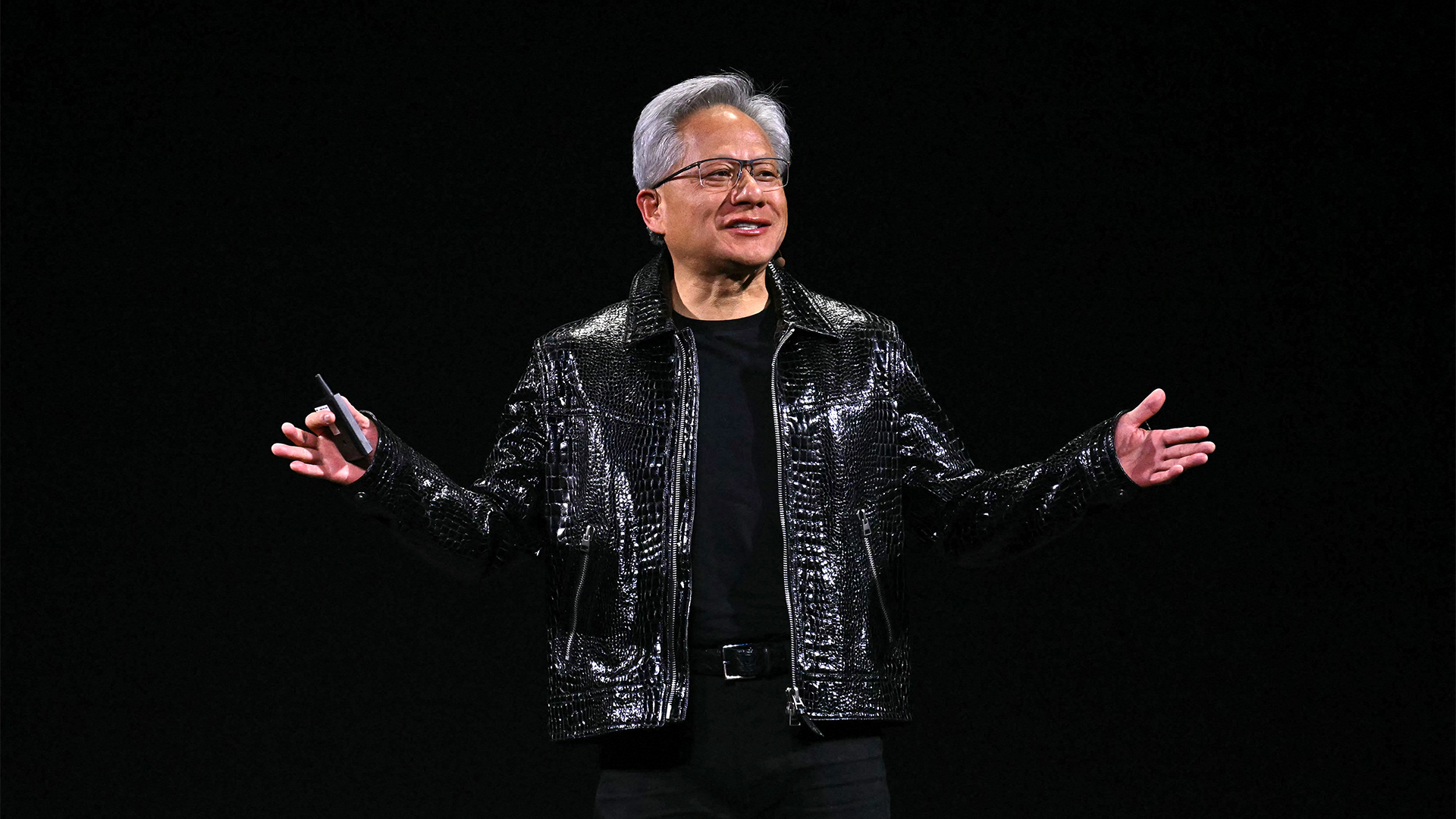 We’re optimistic that within five years we’ll see real-world applications’: Google thinks it’s on the cusp of delivering on its quantum computing dream – even if Jensen Huang isn't so sure
We’re optimistic that within five years we’ll see real-world applications’: Google thinks it’s on the cusp of delivering on its quantum computing dream – even if Jensen Huang isn't so sureNews Nvidia CEO Jensen Huang sent shares in quantum computing firms tumbling last month after making comments on the near-term viability of the technology.
By Ross Kelly Last updated
-
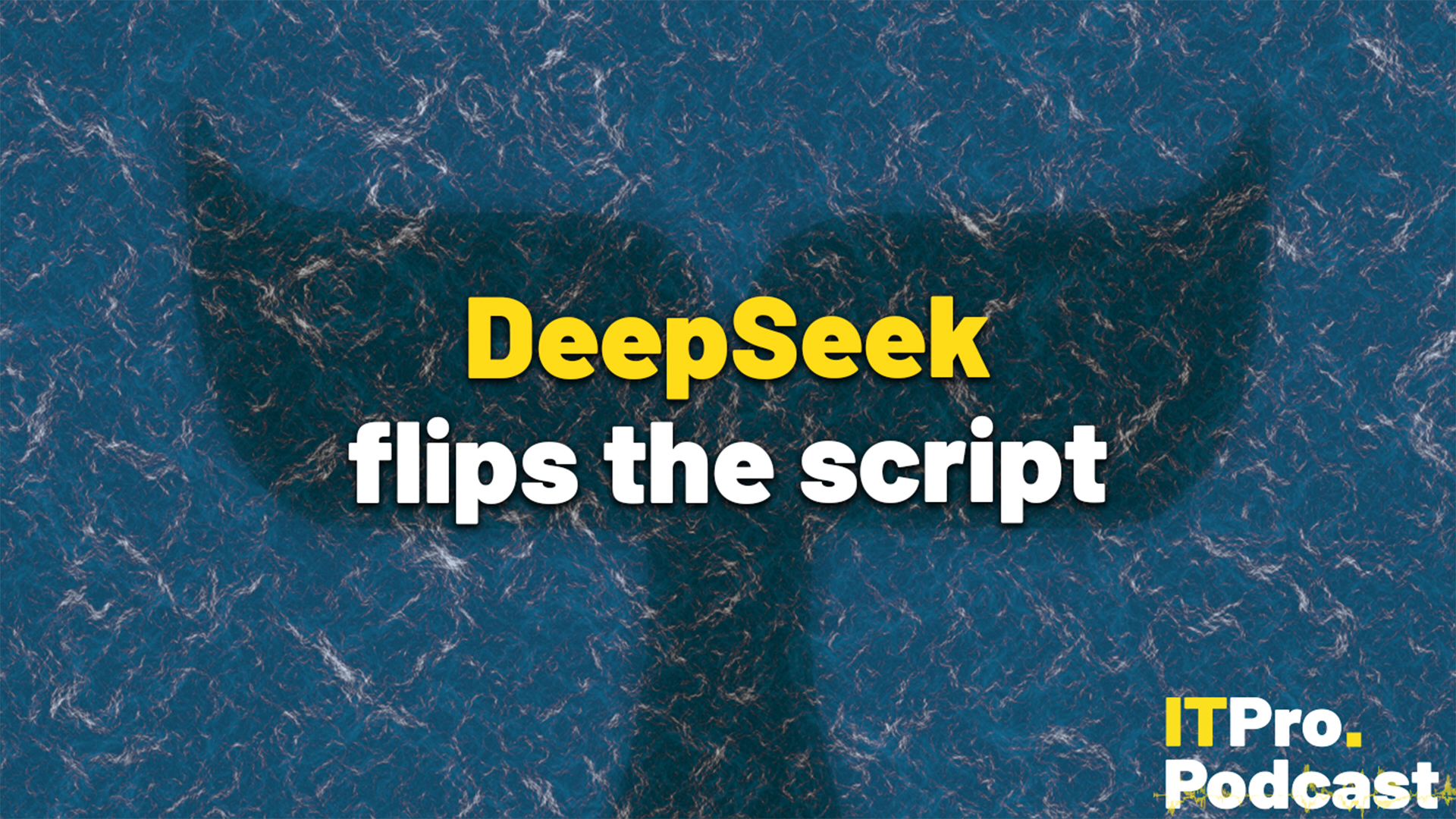 DeepSeek flips the script
DeepSeek flips the scriptITPro Podcast The Chinese startup's efficiency gains could undermine compute demands from the biggest names in tech
By Rory Bathgate Published
-
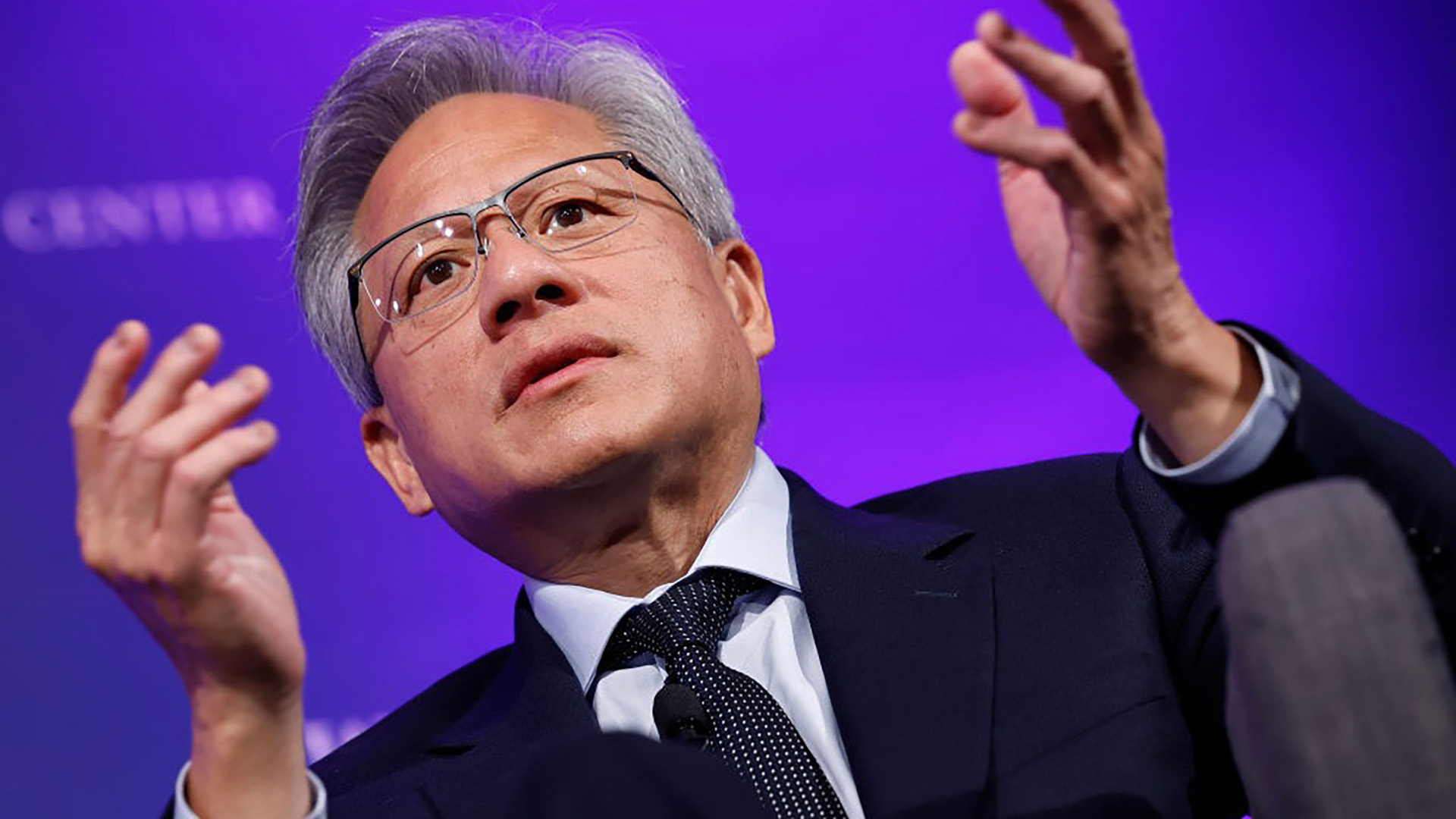 Jensen Huang doesn't think AI will come for his job — but other CEOs might disagree
Jensen Huang doesn't think AI will come for his job — but other CEOs might disagreeNews A survey last year found almost half of CEOs believe they could be replaced with AI, but Nvidia’s superstar CEO thinks otherwise
By Solomon Klappholz Published
-
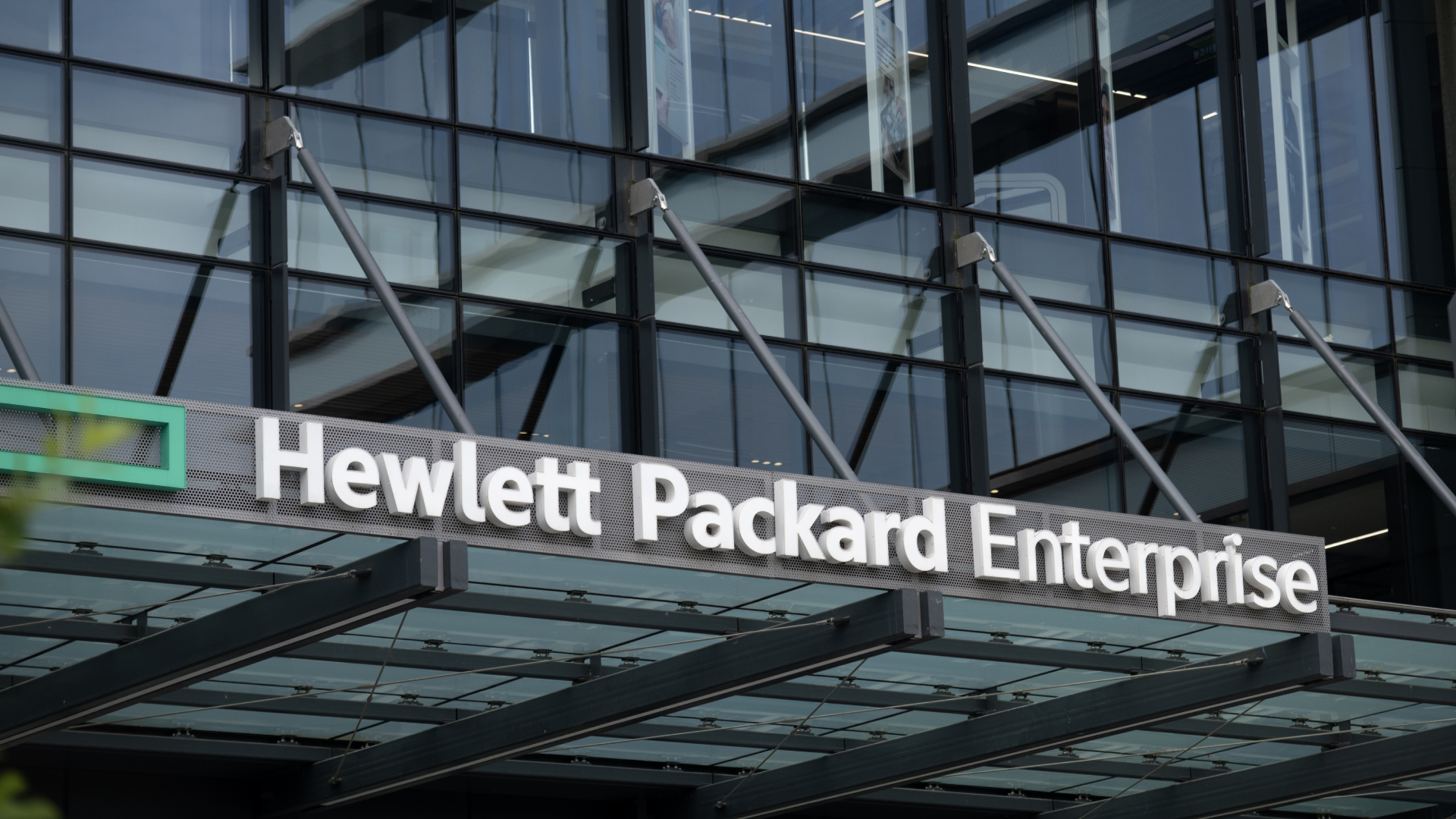 HPE’s ‘one-click AI solution’ for private cloud cuts project times from months to a ‘single moment’
HPE’s ‘one-click AI solution’ for private cloud cuts project times from months to a ‘single moment’News The new tools allow generative AI virtual assistants to be launched in seconds, using private data
By Emma Woollacott Last updated
-
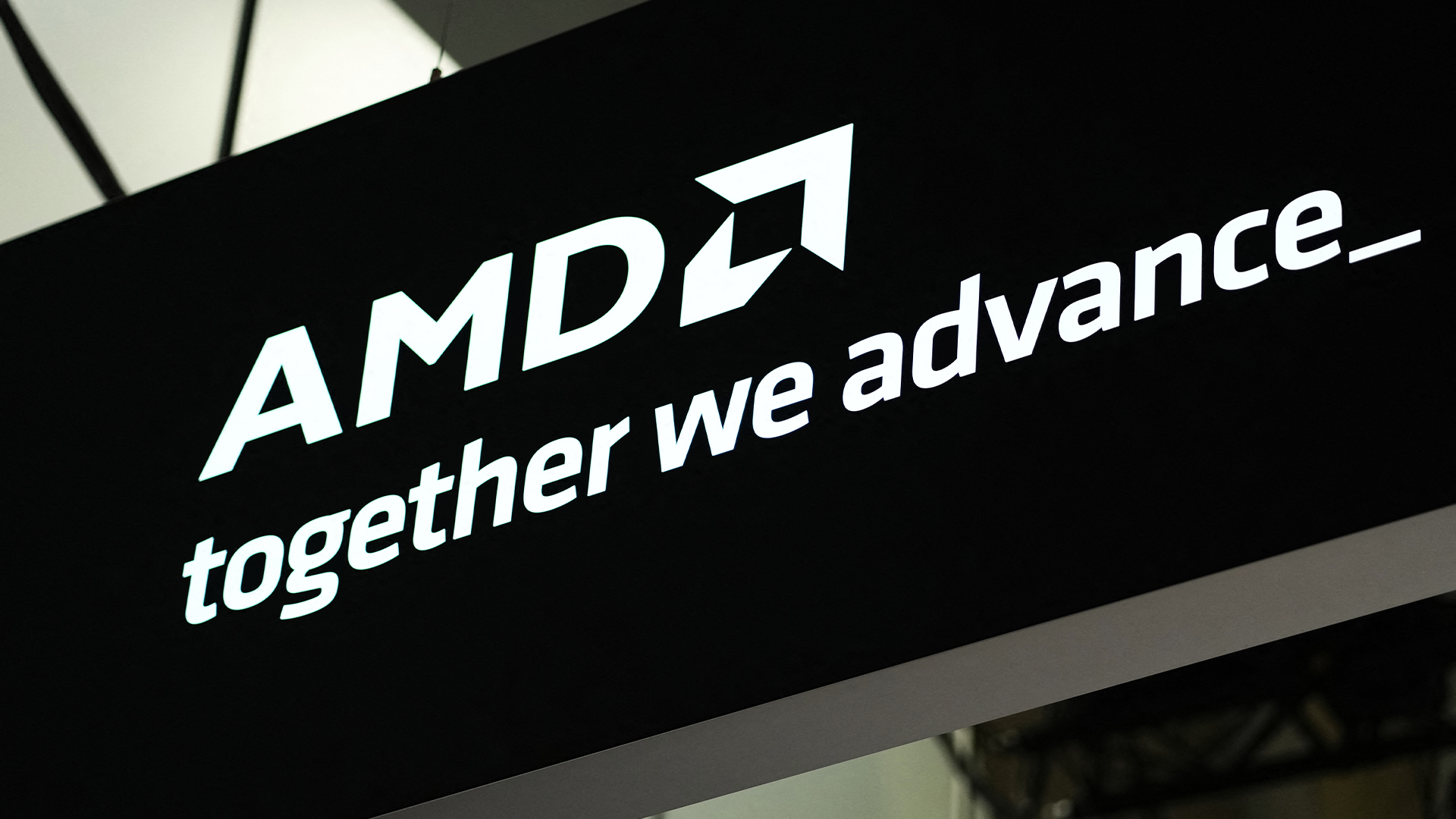 AMD’s acquisition spree continues with $665 million deal for Silo AI
AMD’s acquisition spree continues with $665 million deal for Silo AINews The deal will enable AMD to bolster its portfolio of end-to-end AI solutions and drive its ‘open standards’ approach to the technology
By Ross Kelly Published
-
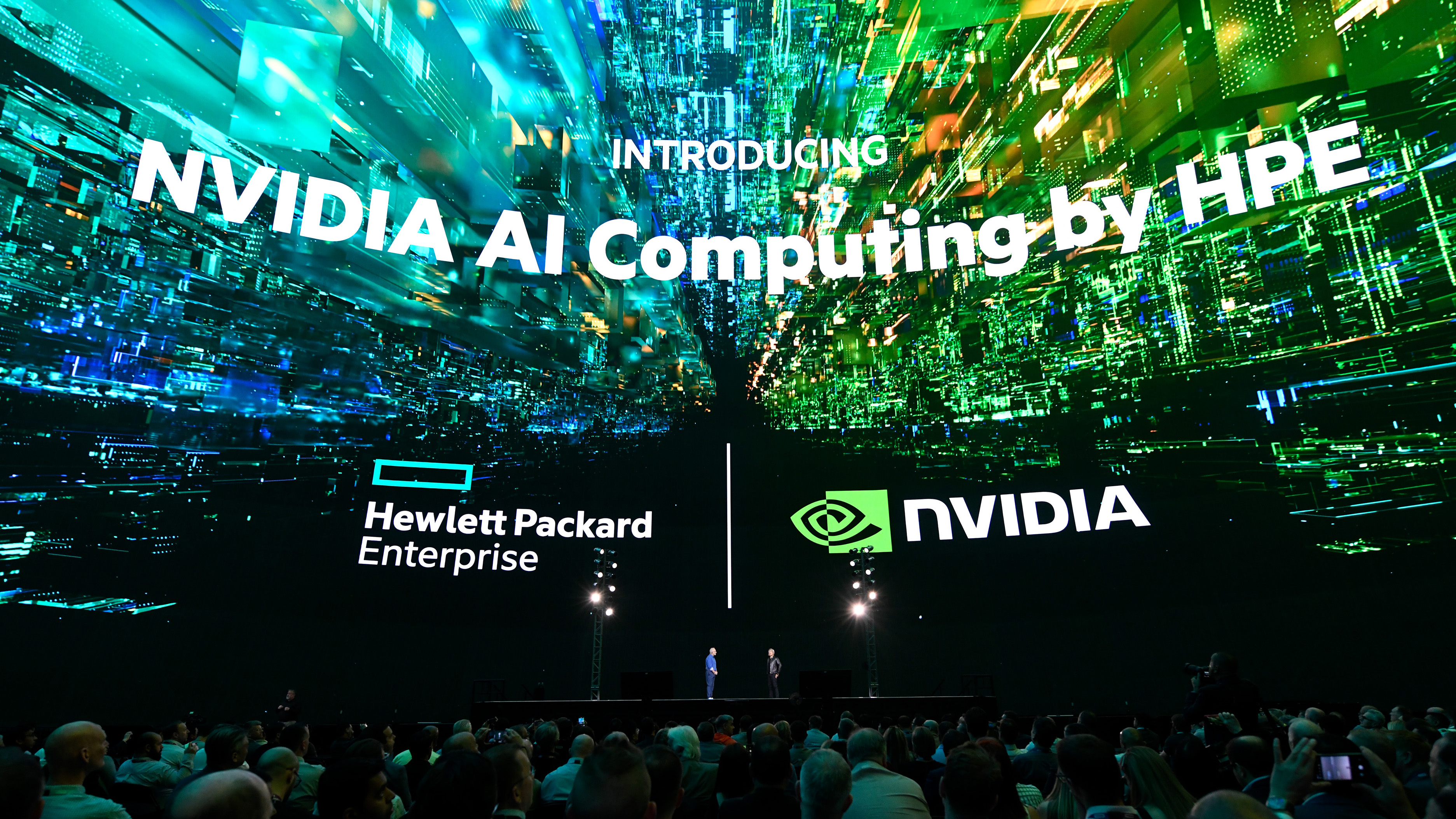 HPE’s drive for enterprise AI dominance continues with new Nvidia partnership
HPE’s drive for enterprise AI dominance continues with new Nvidia partnershipNews Nvidia AI computing by HPE brings a slew of new AI products to market
By Jane McCallion Published
-
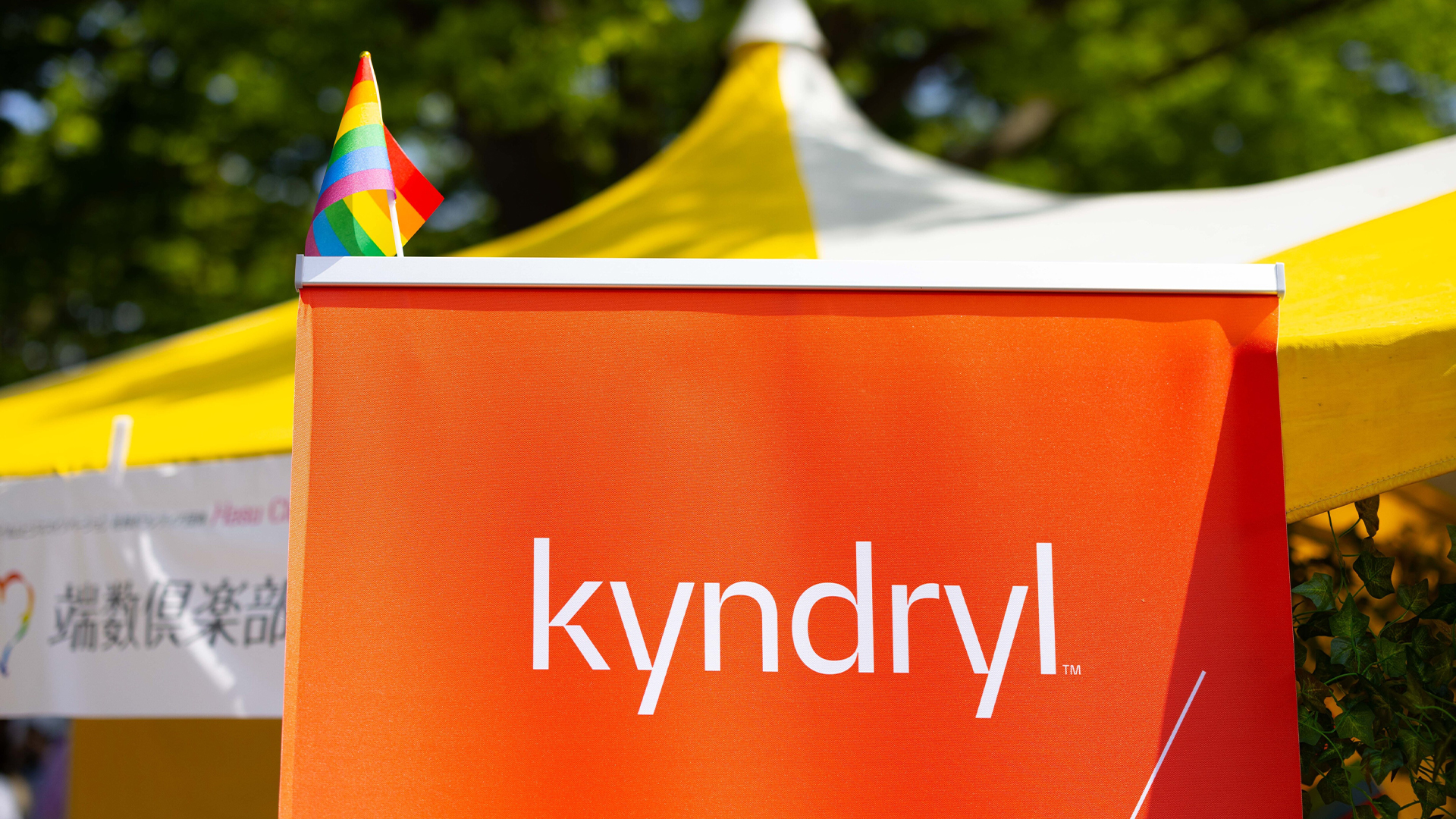 Kyndryl strikes new partnership with Nvidia to drive generative AI adoption
Kyndryl strikes new partnership with Nvidia to drive generative AI adoptionNews The integration between Kyndryl Bridge and Nvidia AI aims to tackle customers’ biggest integration pain points
By Daniel Todd Published